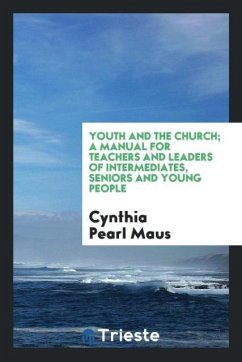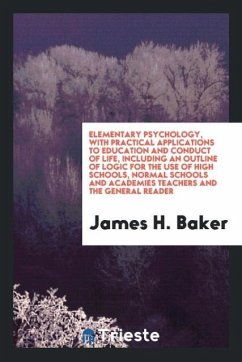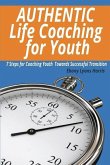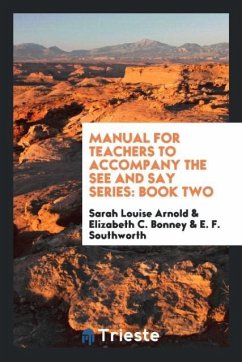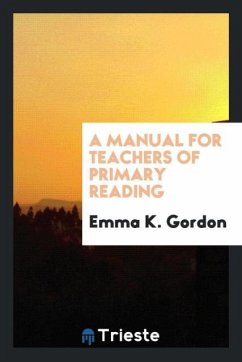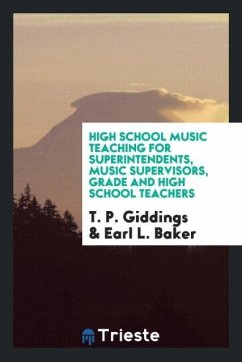This published research determined the extent of master teachers'' coaching and mentoring practices in terms of constructing lesson plan, personal and professional reflection, familiarization with teaching institutional law, portfolio development, and assessment in relation to the level of teachers' work performance in terms of content knowledge and pedagogy, learning environment, diversity of learners, curriculum and planning, assessment and reporting, community linkages and professional engagement, and personal growth and professional development as basis for a proposed professional development plan. The descriptive correlational research was utilized in this study. It also used two groups of respondents. The respondents of the study were 400 selected teachers and master teachers from the public junior high schools in National Capital Region. Master teachers assist teachers when it comes to planning of lesson execution, giving them necessary feedback to create lesson exemplars. They demonstrated the appropriate portfolio accomplishment which showcase teachers' best teaching skills, experiences, achievements and the like. Thus, making it easy for them to identify their strengths and weaknesses. Master teachers utilized the different assessment strategies in order to evaluate teachers' capacities, strengths and weaknesses in order to render proper coaching and mentoring techniques. However, they less likely to focus on personal reflection and guiding teachers on several educational policies.
Hinweis: Dieser Artikel kann nur an eine deutsche Lieferadresse ausgeliefert werden.
Hinweis: Dieser Artikel kann nur an eine deutsche Lieferadresse ausgeliefert werden.


